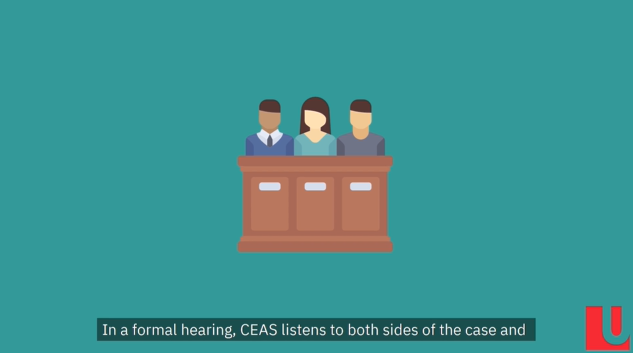
Academic Integrity
Honesty, Integrity and Ethics – They Matter
They matter at home, at school, and at work. A professional school such as the Lassonde School of Engineering must adhere to the highest standards of excellence. This includes academic honesty in teaching, learning, and research, within our campus walls and beyond them.
Without academic honesty, our integrity as a professional school is at stake. Our work, our ideas, writing or other intellectual property should be protected and respected.
In an effort to adhere to such high standards of excellence, Lassonde takes academic honesty very seriously. Our strict adherence to the Senate’s Academic Conduct Policy and Procedures is one way to help ensure the integrity of our community remains intact. Help us maintain our integrity by familiarizing yourself with, and adhering to, the Senate’s Academic Conduct Policy and Procedures.

Academic Integrity Resources:
Workshops for Students: Academic Integrity
Academic Integrity Month 2025: October is Academic Integrity Month at York
As a student your success starts with integrity. Throughout October, you’ll find workshops, resources, and conversations designed to help you strengthen your skills, use AI responsibly, and succeed in your studies at York.
Please visit the dedicated York website for all student related events, activities for Academic Integrity Month!
In these interactive workshops, you will learn what Academic Integrity is at York and how you can demonstrate it. Through scenarios, you will identify different types of academic misconduct that can occur in student work and learn how you can avoid engaging in these behaviours and where you can get more support.
Additionally, these workshops will help increase your confidence when it comes to using sources and citing. Citation is about more than knowing where to add your commas; instead, it prepares you to be an active participant in conversations within your scholarly community and in your professional career.
Throughout these workshops, we will share current, scenario-based information that will help you navigate these topics successfully and provide you with a safe space where you have your questions about academic integrity answered and connect with other students on this topic.
Register: Please click here to register
Looking for faculty resources? Visit the Academic Honesty & Integrity Faculty Resources page.
Resources for Students
Students struggling in their course(s), or who are experiencing a personal crisis, make the poor decision to cheat out of desperation. If you or someone you know is struggling in a course, or with a personal crisis, reaching out for help is the best course of action. Academic dishonesty is never a good choice and can result in severe consequences. It’s just not worth it. There are people who can help students encountering difficulties, such as Instructors and other Faculty members, Academic Advisors, Personal, Learning Skills, and Disability Counsellors, and other members of our community. There are also helpful resources online, such as the Student Papers and Academic Research Kit (SPARK).
Academic Integrity Modules
Each of the five Academic Integrity modules present situations where students engage in academically dishonest behaviours. They engage in these behaviours due to reasons such as poor time management, stress, or not being prepared. Each module provides suggestions for making academically honest choices instead. Please click on the link below to preview the modules created by the York University Libraries and the Office of the Vice-Provost Academic.

Questions, Comments, or Concerns?
- Garret Keown, Manager, Academic Integrity
- honesty@yorku.ca General inquiries
Student Welcome and Support Centre
105 Bergeron Centre for Engineering Excellence
Lassonde School of Engineering

